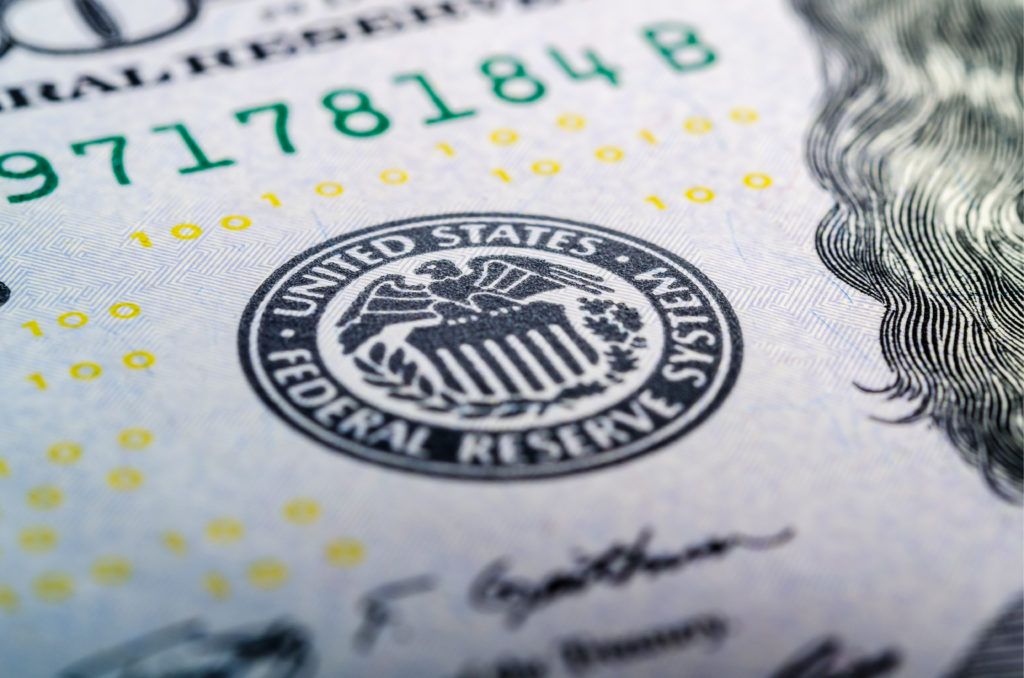For investors, volatility is nothing new. Equities markets often fluctuate wildly based on news cycles. However, investors have been trained to ignore the stress of market fluctuation and focus on non-emotional fundamentals.
Some new advice, though, indicates that emotions are often the best gauge of market change. If the market is highly volatile, the best thing to do is to hedge investments. According to a recent study by Tyler Muir and Alan Moreira from UCLA and the University of Rochester, volatility is dangerous. The study indicates that “panicking in the wake of volatility spikes is not a bad idea.“

Hedge of Protection
According to the study, the best bet when volatility levels spike is to fasten the seatbelts and move some investments out into hedge assets. A hedge asset is something with intrinsic value that does not fluctuate as dramatically as equities. Traditional hedge investments include gold, other precious metals, real estate, and bonds. These assets tend to show lesser fluctuations during cycles of market volatility and confusion. While a move to hedged investments could mean decreased returns during up cycles, the long term play is safer. As volatility spikes, the ‘downs’ of the market are often far more pronounced than the ‘ups.’ A well-timed investment before a spike could produce great returns, but timing the market consistently is difficult. A hedged play protects at least a portion of an investors portfolio and can lock in previous gains.
What Hedge?
The advice begs the question as to the best hedge play. While gold and other assets have been the traditional choices, other options may be better. Gold has not fared well during the recent run-up in values. With volatility increasing, the precious metal has seen large swings as well, based on market sentiment. Real estate, once the darling of investors, is no longer a pariah after the 2008 mortgage-backed securities crisis. Other assets tied to government control by the Federal Reserve are also dangerous for investors. A Fed decision to tighten rates at the wrong time could lead to dramatic market shifts that crush hedge potential.
Enter Bitcoin
Against these options, Bitcoin (BTC) presents itself as a viable hedge option. Unshackled by the Fed’s policies, Bitcoin fluctuates only with market forces. Because the cryptocurrency market is global, prices are not tied to local economies. Furthermore, the coin has a limited supply and is fungible. Both traits make it not only stable comparatively, but also liquid, unlike precious metals. Do you think Bitcoin is the hedge investment of choice in the coming market swing, or will it face the same struggles as other investments? Let us know your thoughts in the comments below!
Top crypto platforms in the US
Disclaimer
In adherence to the Trust Project guidelines, BeInCrypto is committed to unbiased, transparent reporting. This news article aims to provide accurate, timely information. However, readers are advised to verify facts independently and consult with a professional before making any decisions based on this content. Please note that our Terms and Conditions, Privacy Policy, and Disclaimers have been updated.

Jon Buck
With a background in science and writing, Jon's cryptophile days started in 2011 when he first heard about Bitcoin. Since then he's been learning, investing, and writing about cryptocurrencies and blockchain technology for some of the biggest publications and ICOs in the industry. After a brief stint in India, he and his family live in southern CA.
With a background in science and writing, Jon's cryptophile days started in 2011 when he first heard about Bitcoin. Since then he's been learning, investing, and writing about cryptocurrencies and blockchain technology for some of the biggest publications and ICOs in the industry. After a brief stint in India, he and his family live in southern CA.
READ FULL BIO
Sponsored
Sponsored
